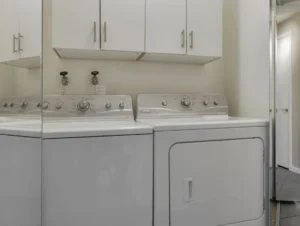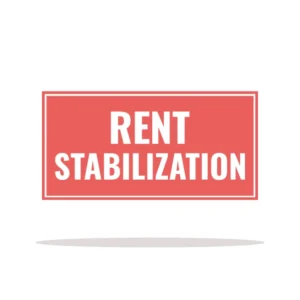Fair Housing “Zero-Tolerance Policy” Netting Huge Awards Against Landlords: Learn From These Mistakes
Second Largest Settlement on Record
The Department of Justice (DOJ) has just announced settling a rental housing discrimination suit that it is touting as the second largest monetary payment ever obtained in a fair housing case.
A Kansas City, Kansas landlord will pay a $2.13 million settlement over allegations it engaged in a pattern of discrimination on the basis of race in violation of the Fair Housing Act. The lawsuit also alleged that the defendants retaliated against an employee for cooperating with HUD investigators.
DOJ presented evidence that the landlord openly displayed racially hostile materials such as hangmans nooses, frequently referred to African Americans with racial epithets and generally treated white residents more favorably than African American residents.
According to Thomas E. Perez, Assistant Attorney General for the Civil Rights Division, “This settlement is designed to send a message to housing providers across the country that we have a zero-tolerance policy for this type of egregious behavior.”
The settlement includes $145,000 paid to settle DOJ’s claim against the former owners last summer.
Actors Posed As Tenants
The Justice Department filed a lawsuit last week against the owner and property manager of a 48-unit apartment complex in Ann Arbor, Mich., for race discrimination.
In this case, “testers” posed as applicants for housing and reported to HUD on their interactions with landlords and leasing agents regarding compliance with fair housing laws.
$100,000 in Orange City
In another settlement, an Orange City, Florida landlord has agreed to pay $415,000 in monetary damages and civil penalties to settle a Fair Housing Act lawsuit alleging that they discriminated against African Americans and families with children.
Under the terms of the settlement, the landlord must retain an independent manager to manage the property.
The case began when an African American woman visited the rental property with her grandson and inquired about the availability of apartments. The landlord told her that there were no vacancies, and later refused to accept an application from her.
The application contained the notation “ADULTS ONLY” in the space designated for the number of children.
Later the same day, this applicant’s friend called the complex to ask about availability, and a leasing agent informed her that apartments were available.
A local television station subsequently conducted a series of “fair housing tests” “ simulated transactions to compare responses given by housing providers to different types of apartment-seekers to determine whether illegal discrimination is occurring “ and found that the defendants were providing more information and better treatment to white persons than to African American persons.
Prior to settlement, the DOJ was prepared to show evidence that this landlord had, among other things, told white applicants that a selling point of the apartment complex is that it does not have any black residents; denied the availability of apartments to African American persons while at the same time telling white persons about available apartments; refused to show apartments to African American persons while at the same time showing apartments to white persons; discouraged African American persons from applying for an apartment while encouraging white persons to apply; refused to negotiate with African American prospective tenants for rental; threatened to evict one or more tenants who were known or believed to have African American friends and associates.
Developer Sued for Disability-Based Housing Discrimination in Tennessee
The owners and developers involved in the design and construction of 21 multifamily housing complexes in Tennessee agreed to a settlement of allegations that they discriminated on the basis of disability.
The complexes, which were built with the assistance of federal low-income housing tax credits, contain more than 800 units covered by the Fair Housing Acts accessibility provisions along with areas of public accommodation covered by the Americans with Disabilities Act.
Under the settlement, defendants will pay all costs related to making the complexes for which they were responsible accessible to persons with disabilities, pay up to $350,000 to compensate individuals harmed by the inaccessible housing, and pay $75,000 to the United States.
The settlement requires all the defendants to be trained about the requirements of the Fair Housing Act and to provide periodic reports to the government that they are following the law.
This case began when the Tennessee Fair Housing Council, a private, nonprofit advocacy organization whose mission is to eliminate housing discrimination throughout Tennessee, provided the department with information several apartment complexes that were inaccessible to people with disabilities.
The department conducted an independent investigation and filed a lawsuit.
The retrofitting includes modifying walkways to eliminate steps, excess slopes and level changes, providing accessible curb ramps, and providing accessible parking and routes to site amenities, such as clubhouses, pools, mailboxes and trash facilities. The settlement also provides for the replacement of inaccessible knob hardware on doors, the widening of inaccessible narrow doorways, and the reconfiguration of bathrooms and kitchens to accommodate persons who use wheelchairs.
See our feature, Investors Hit With Fair Housing Claim.













 Accessibility
Accessibility